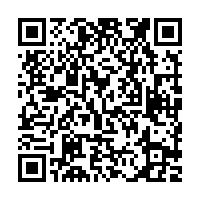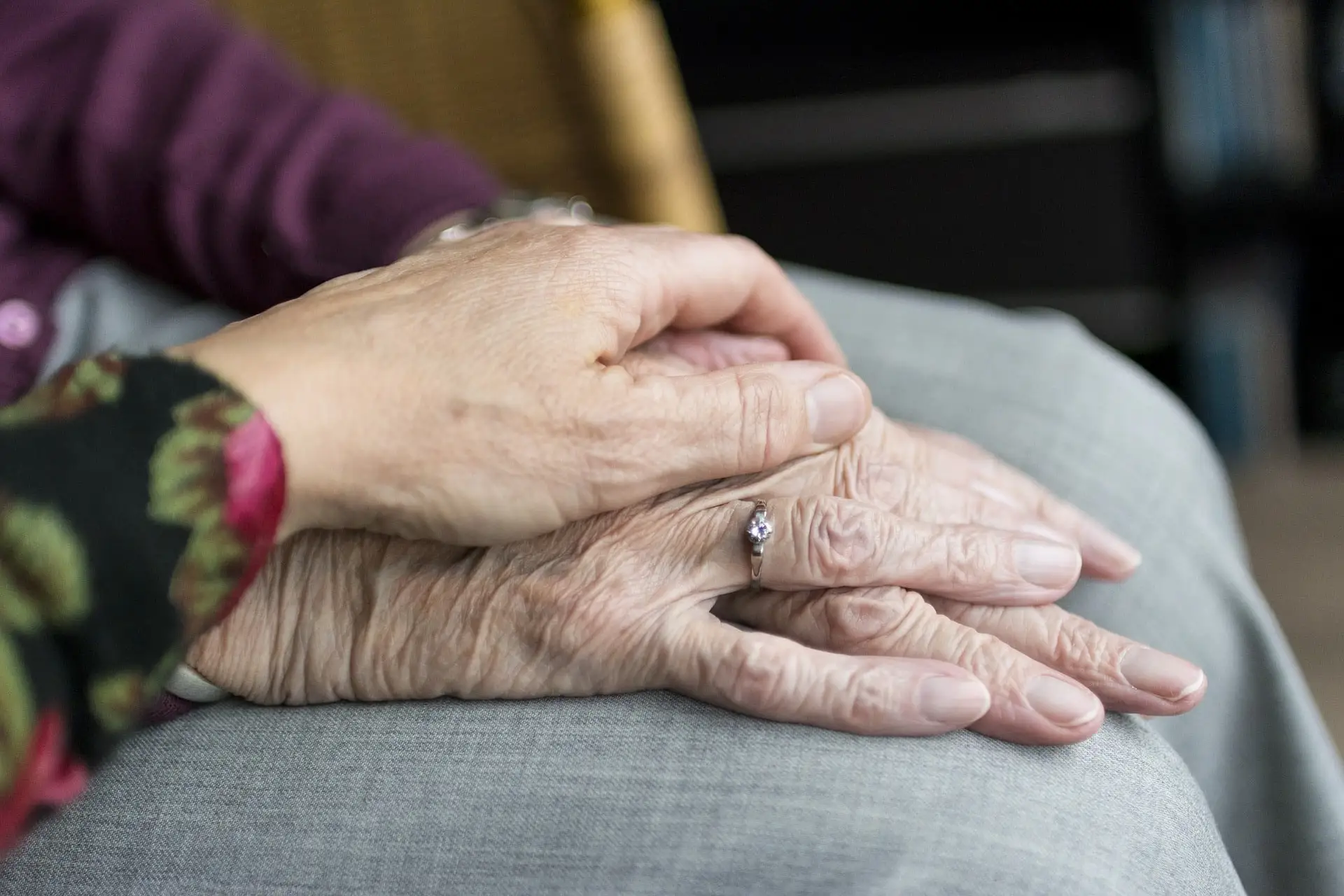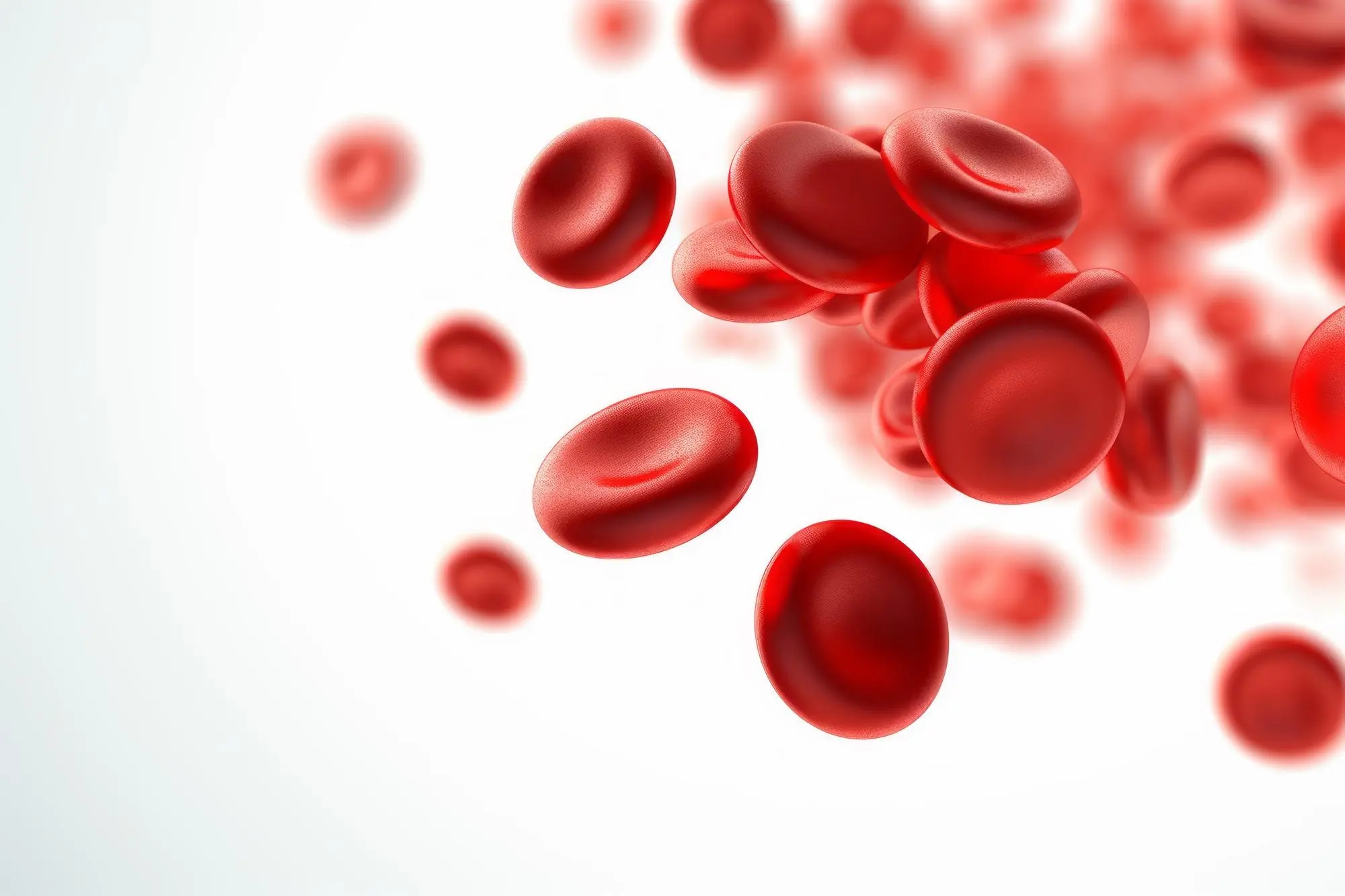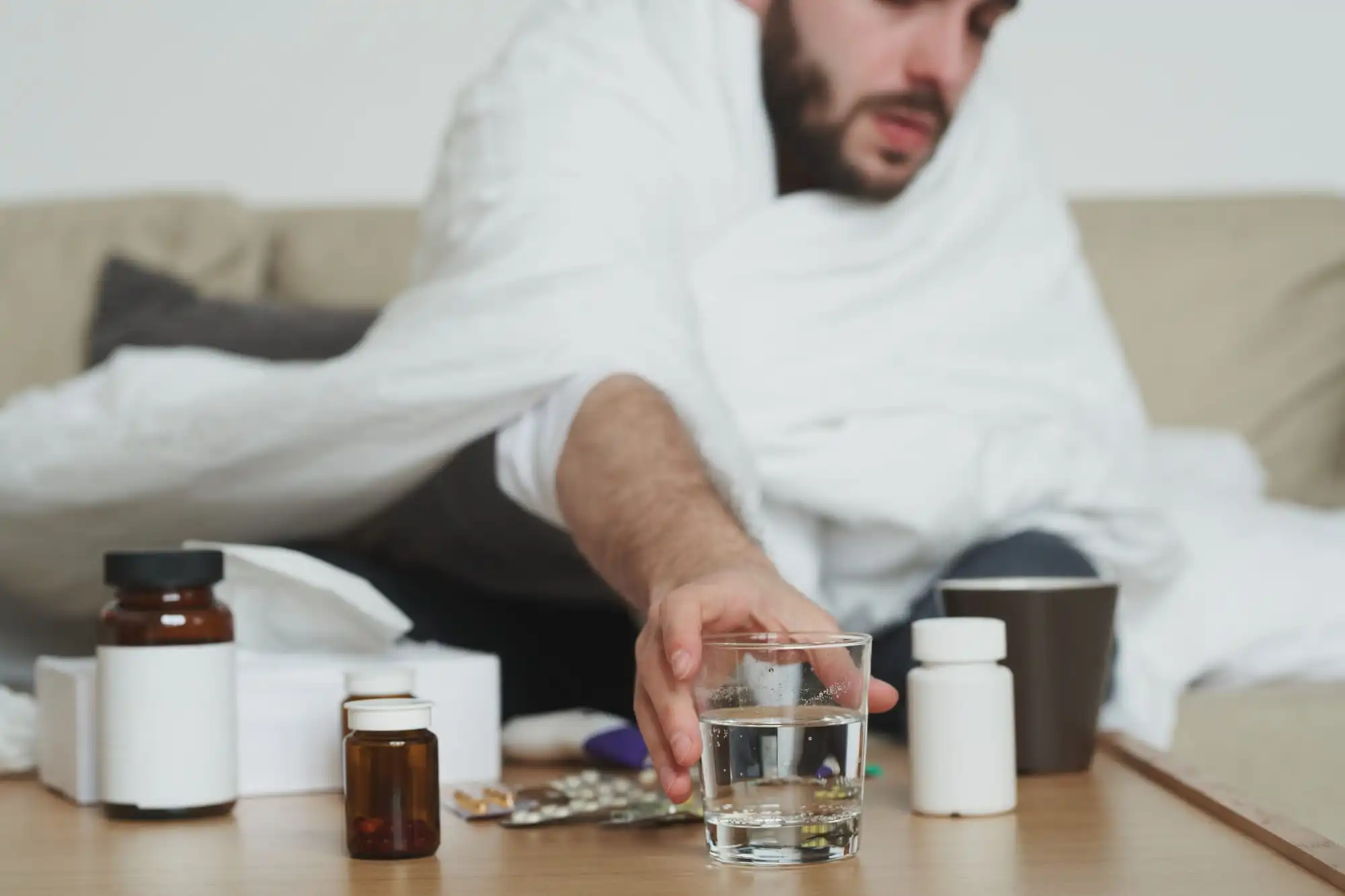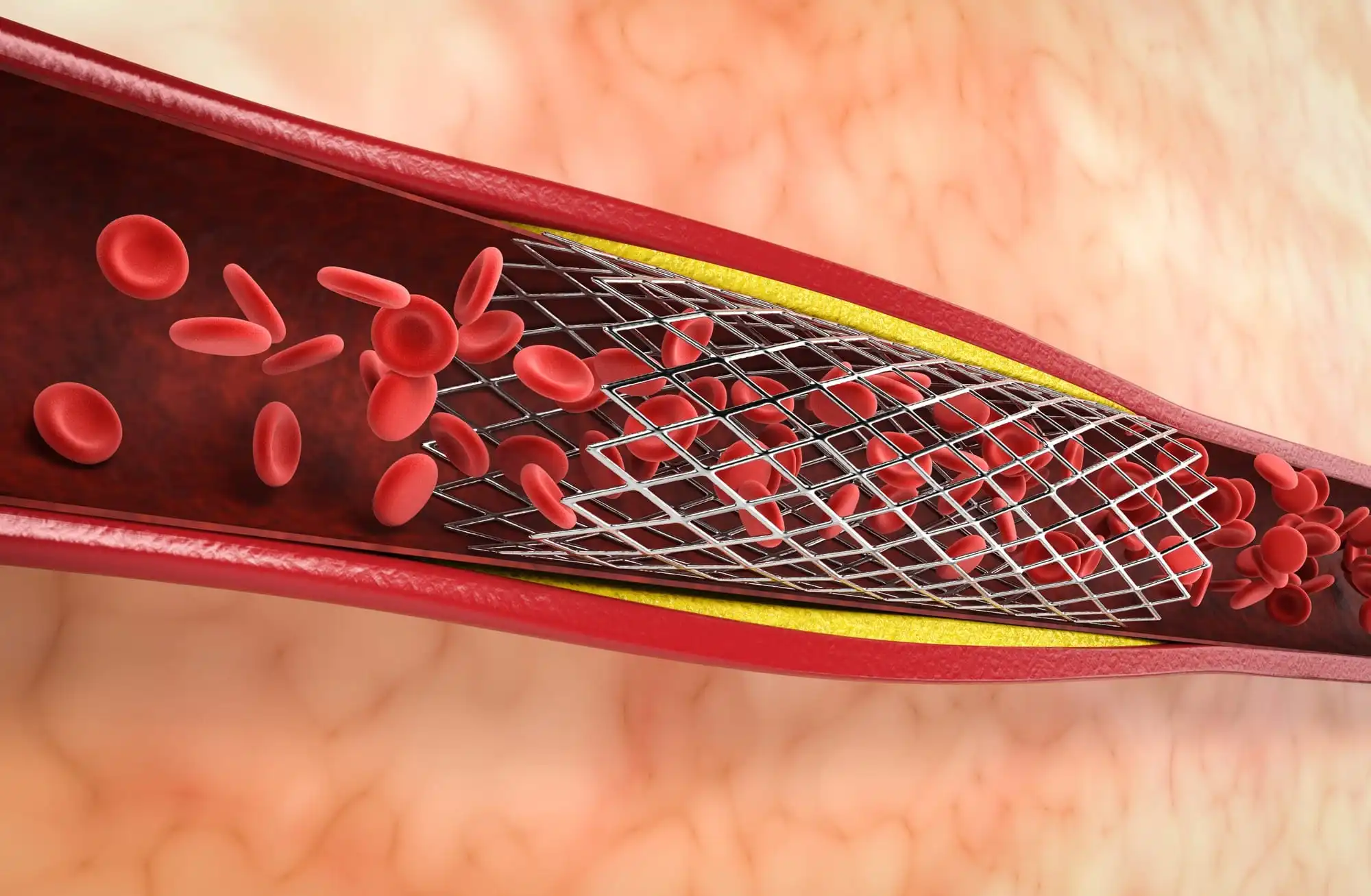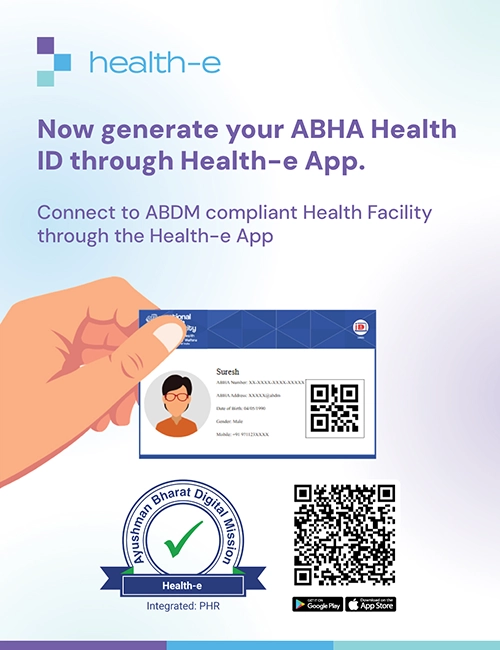During your regular checkup or talking to a doctor online, how often do they hit you with questions about your health history? For seniors, recalling all their meds and recent diagnoses can be tricky, especially when they’re juggling different doctors for various health issues. Remembering all that medical stuff can be a lot. That’s where personal health records step in.
Having a PHR can be a game-changer, especially in emergencies when seniors might not be able to communicate. It becomes the go-to for caregivers and first responders, loaded with all the crucial details about pre-existing conditions, medications, allergies, and more. In this blog, we’re breaking down what a PHR is and how it’s a real help for seniors. No more waiting—let’s get into it.
What is a Personal Health Record?
A personal health record (PHR) is like your own health info hub—either on paper or online. It’s a spot where you, as the boss of your health, keep all the important details in a safe and private place. Here are the must-haves in a PHR:
- Blood type
- Allergies
- Contact info for your doctor
- Your health story—like what you’ve been through and any hospital visits
- Info sorted by sickness or doctor
- Reports from tests and labs
- Family health background
- Any diet limits
- Meds you’re taking
- Emergency Contact
- Insurance details
And guess what? Your PHR can also keep important legal papers, like your power of attorney or do-not-resuscitate orders, handy for emergencies.
Why do Seniors Need Personal Health Records?
-
Coordination
Healthcare can get pretty complicated, especially for seniors. Often, more than one healthcare professional is looking after a single patient. When it comes to treating older adults, hospitals usually have different doctors, nurses, and other clinical folks on the case. While hospitals and senior care services use electronic medical records (EMR) to keep tabs on your health, family practice doctors might not have the same tech.
So, they’re more likely to keep their own notes about your health. This lack of smooth communication between your family doctor and the hospital is a real issue in healthcare. A personal health record (PHR) is the only way to make sure everyone’s on the same page.
-
Quick Treatment
Having all your medical info in one easy-to-reach place is a big help in emergencies. If someone’s really sick and can’t talk, a personal health record lets the medical pros start treating them ASAP. No need for time-consuming tests – they can jump right into the main treatment if they know the medical history. It’s all about saving precious time when it matters most.
-
Optimal Care & Medication
Almost 400,000 people pass away each year because of medical mistakes that could have been prevented. One big issue is that doctors often don’t have all the info they need to prescribe meds without causing problems.
Especially for seniors juggling multiple meds for various health issues, it’s risky when doctors add new prescriptions without knowing what else the patient is taking. A Personal Health Record (PHR) steps in here, offering the complete details on existing meds and helping doctors plan treatment more safely.
Moreover, a Personal Health Record (PHR) serves as a valuable health companion for seniors. It aids healthcare professionals in early detection and recognition of medical conditions by analyzing various test results and the symptoms shared by the individual.
-
Cost Savings
Unnecessary medical procedures contribute significantly to healthcare costs. With a Personal Health Record (PHR), doctors can quickly access essential information, avoiding the need for redundant tests and reducing additional expenses. A recent research study revealed that the adoption of Personal Health Records (PHRs) has the potential to generate significant cost savings for the healthcare industry. The findings indicate that implementing PHRs could lead to annual savings ranging from ₹90,000 crores to ₹1,50,000 crores by reducing redundant medical tests and minimizing administrative expenses.
-
Proactive Healthcare
A PHR compiles details about routine screenings, vaccinations, and preventive measures. By having this information readily available, healthcare providers can recommend and schedule necessary preventive interventions. This empowers seniors to take a proactive approach to their health, preventing potential issues and ensuring a more comprehensive healthcare strategy.
-
Managing Chronic Conditions
Many seniors grapple with ongoing health issues that demand consistent attention. A personal health record (PHR) proves invaluable in monitoring symptoms, test outcomes, and the strategies in place for handling chronic diseases. By consolidating this information, healthcare professionals can make well-informed decisions about modifying treatment plans.
-
Emergency Preparedness
In times of emergencies, having immediate access to a PHR is important. Emergency responders and healthcare providers can swiftly retrieve essential details, such as existing medical conditions, allergies, and prescribed medications. This quick access facilitates prompt and accurate decision-making during critical situations, potentially making a significant difference in outcomes.
How to Use a Personal Health Record?
Navigating your personal health record is simpler than you think. Here’s a user-friendly guide for seniors and their caregivers:
-
Gather Essential Information:
Access your medical details through the doctor’s online portal or the hospital’s website. If online access is challenging, don’t hesitate to request this information directly from the hospital.
-
Organize Your Records
Choose a method that suits you best—whether it’s maintaining paper copies in a traditional file folder or opting for a more streamlined digital approach. Considering the frequent doctor visits for seniors, managing records digitally on a hard drive can be a more efficient solution.
-
Ensure Accuracy and Accessibility:
Regularly update your health record to reflect the latest information. Verify that no crucial details are missing. For physical documents, arrange them chronologically in file folders, or consider creating separate files for various conditions or doctors.
By following these simple steps, you can effortlessly create and manage a personal health record, ensuring that your medical information is both secure and easily accessible when needed.
Closing Thoughts
So, there you have it – PHRs and PHR Apps are like the unsung champions of health records for seniors. They simplify life for everyone involved and ensure that when it matters most, the right information is just a glance away. It’s time to appreciate the effectiveness of PHRs and make health management a breeze for our beloved seniors.
Tired of juggling test results and medical records? Upgrade your health game with Health-e, your all-in-one Personal Health Record app. Download Now!
